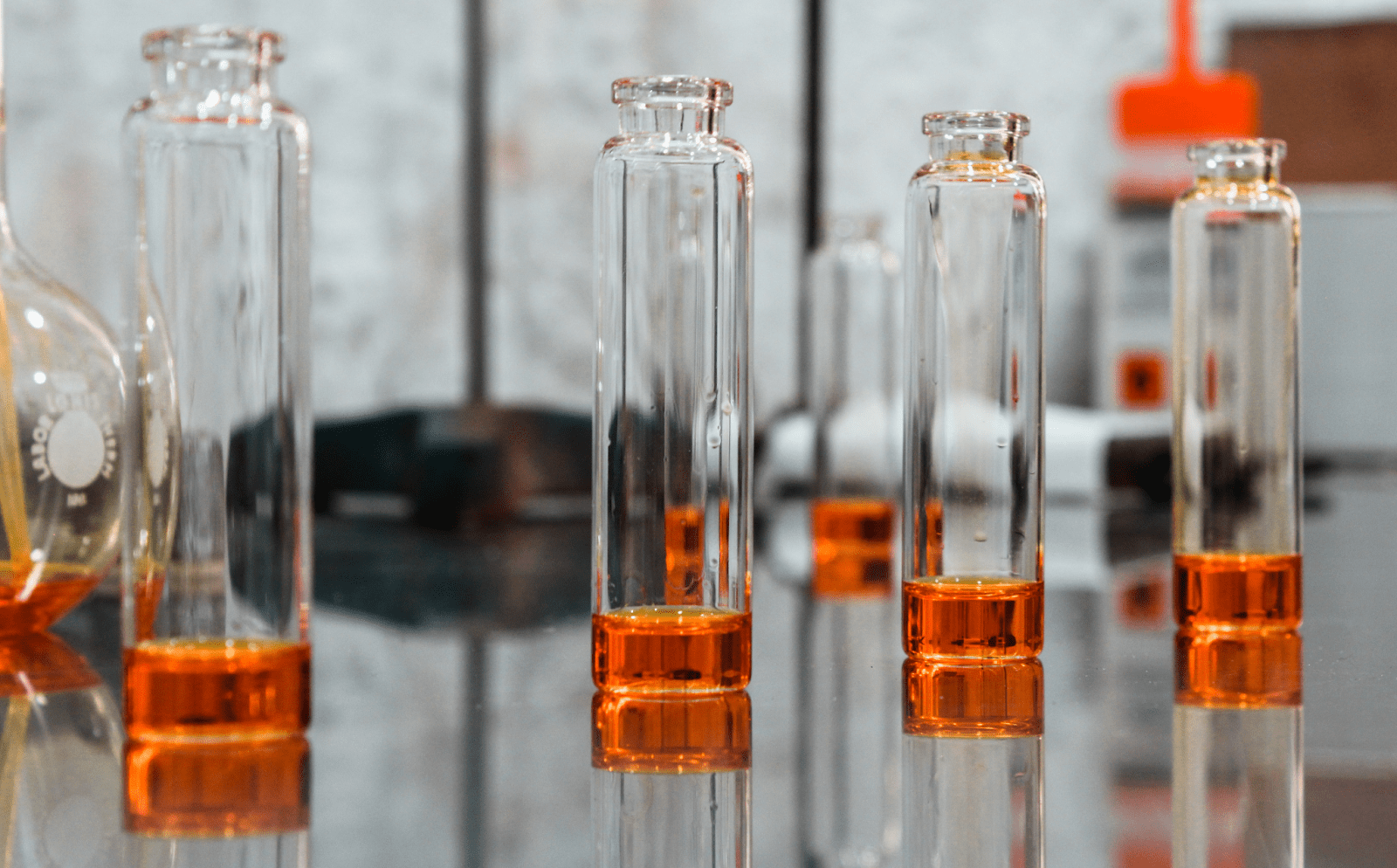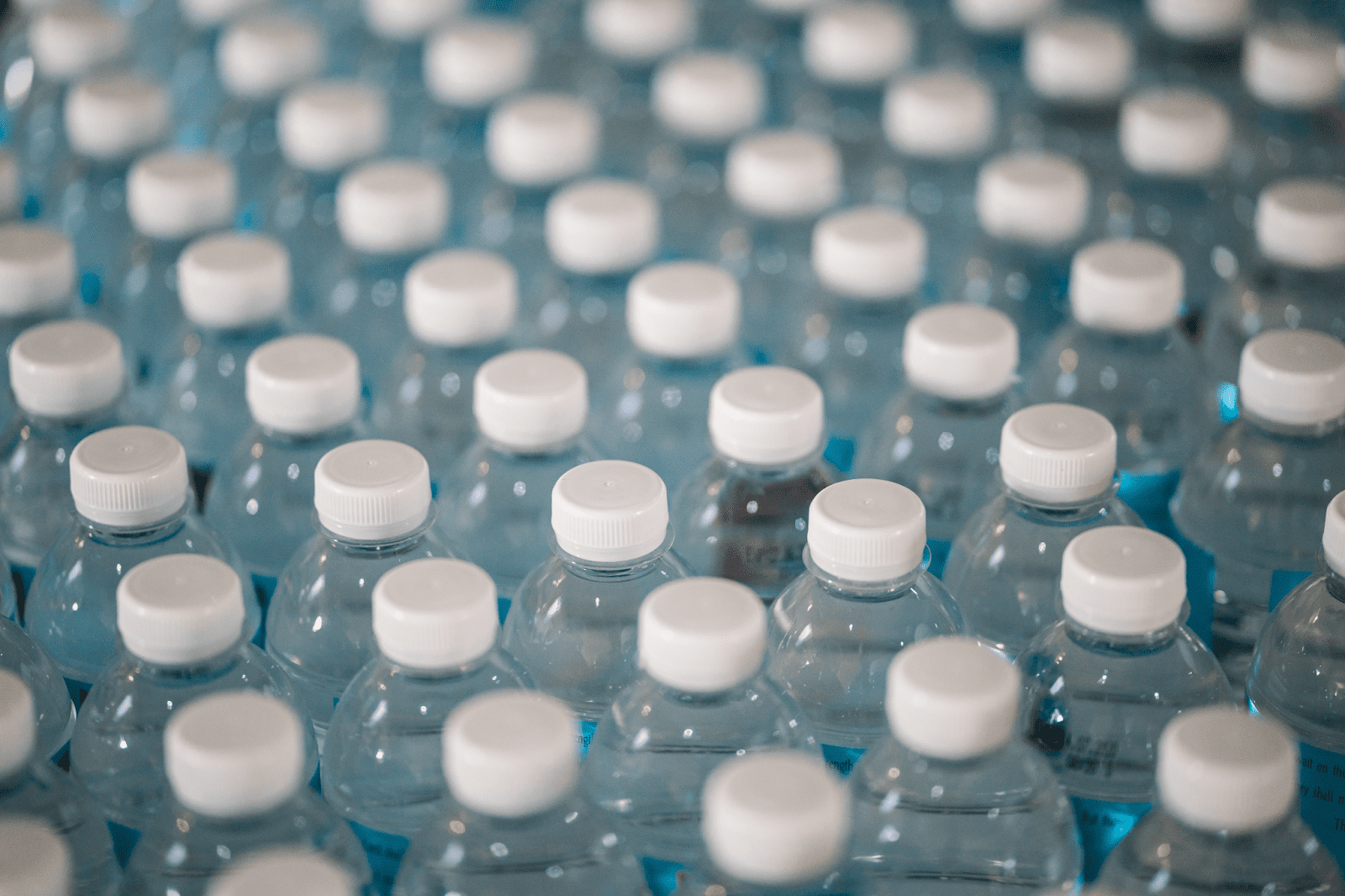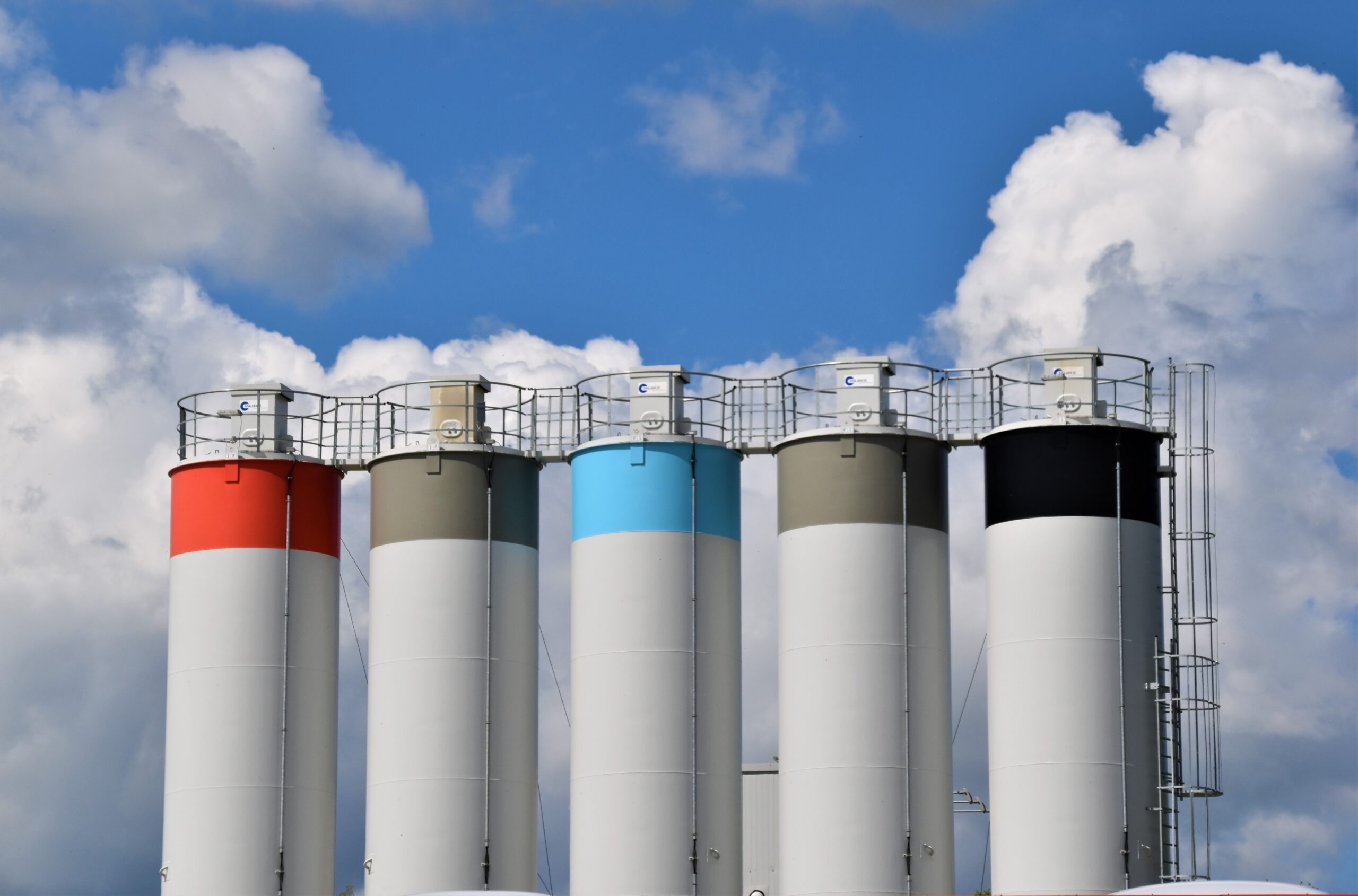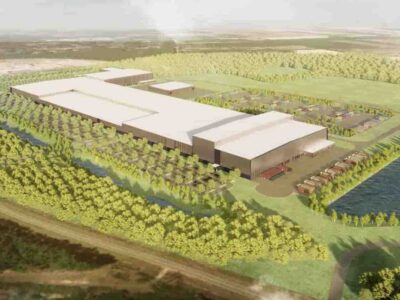In 2020, the chemical manufacturing industry was responsible for 923 million tons of CO2 emissions due to its long-standing reliance on petroleum as the base for many of its processes. However, recent innovations in the chemical manufacturing process have given it a more sustainable future, thanks to Houston-based startup, Solugen.
The specialty chemical startup was founded in 2016 from a chance conversation at a poker game between founders Sean Hunt and Gaurab Chakrabarti. At the time, Hunt was a chemical engineer studying metal catalysts used to make chemicals, and Chakrabarti was a medical student studying cancer cells who had discovered an enzyme used to turn sugar into hydrogen peroxide. Using Chakrabarti’s enzyme discovery and Hunt’s research on metal catalysts, they created an efficient, less costly chemical synthesis process that is more emissions-friendly than industry standards. This is all while using plant-based organic materials like corn syrup, alcohol, or vegetable oil.
They describe their process as combining the best parts of the traditional chemical fabrication processes, fermentation, and petrochemistry. The process combines the plant-based raw materials, known as the feedstock, with the enzymes (a key player in fermentation) to start the reaction. The intermediary mixture is added to a separate tank with metal catalysts (a critical player in petrochemistry) to speed up the reaction and make it more efficient. In traditional fermentation processes where only enzymes are used, half of the feedstock ends up as waste. However, due to the introduction of metal catalysts, the whole process produces less waste, reacts faster, and is carbon negative because of the plant-based feedstocks used instead of petroleum. The plant-based feedstock also significantly decreased the cost of production, which certainly eased their entry into the market.

Solugen also deliberately marketed its products toward particularly niche “non-sexy” markets in the early days of the company, starting with chemicals for water treatment for the float spa industry. The choice was made to avoid the mistakes made by other early biochemical startups who attempted to challenge industry leaders that enjoyed cheaper costs of production due to the scale at which they produced. “I think a lot of the mistakes that have happened in the past were people went directly to commodity chemicals and fuels to compete against these $100 billion companies,” said Hunt. “We started with water treatment chemistries, right from day one. And then what we’ve been doing is we’ve been progressively moving into different chemistries in different industries as we scale.”
Since then, the team at Solugen has used their chemical synthesis process to produce everything from chemicals that strengthen concrete, key ingredients in laundry detergents and running shoes and even cleaning compounds strong enough to be used in industrial situations or gentle enough for baby wipes.
Naturally, Hunt and Chakrabarti have high expectations for the future of Solugen. Theoretically, their process can produce 90% of all chemicals produced from fossil fuels, including plastics. With this in mind,
Hunt and Chakrabarti are looking to sequester 10 million tons of CO2 using their carbon negative process and replace 5 billion non-degradable bottles worth of plastic with bio-plastic, all by 2030.

“The reality is, these are slow-moving industries,” Chakrabarti said. “We’re starting to figure out how to kind of clinically hack our way into having faster adoption of our products. But the reality is, these supply chains have been around for years for some customers, and for them to switch, it’s going to take a very high degree of proof. And that takes time.” But with a system that is inexpensive, efficient, and environmentally conscious, it won’t be long before Solugen leads the industry.





